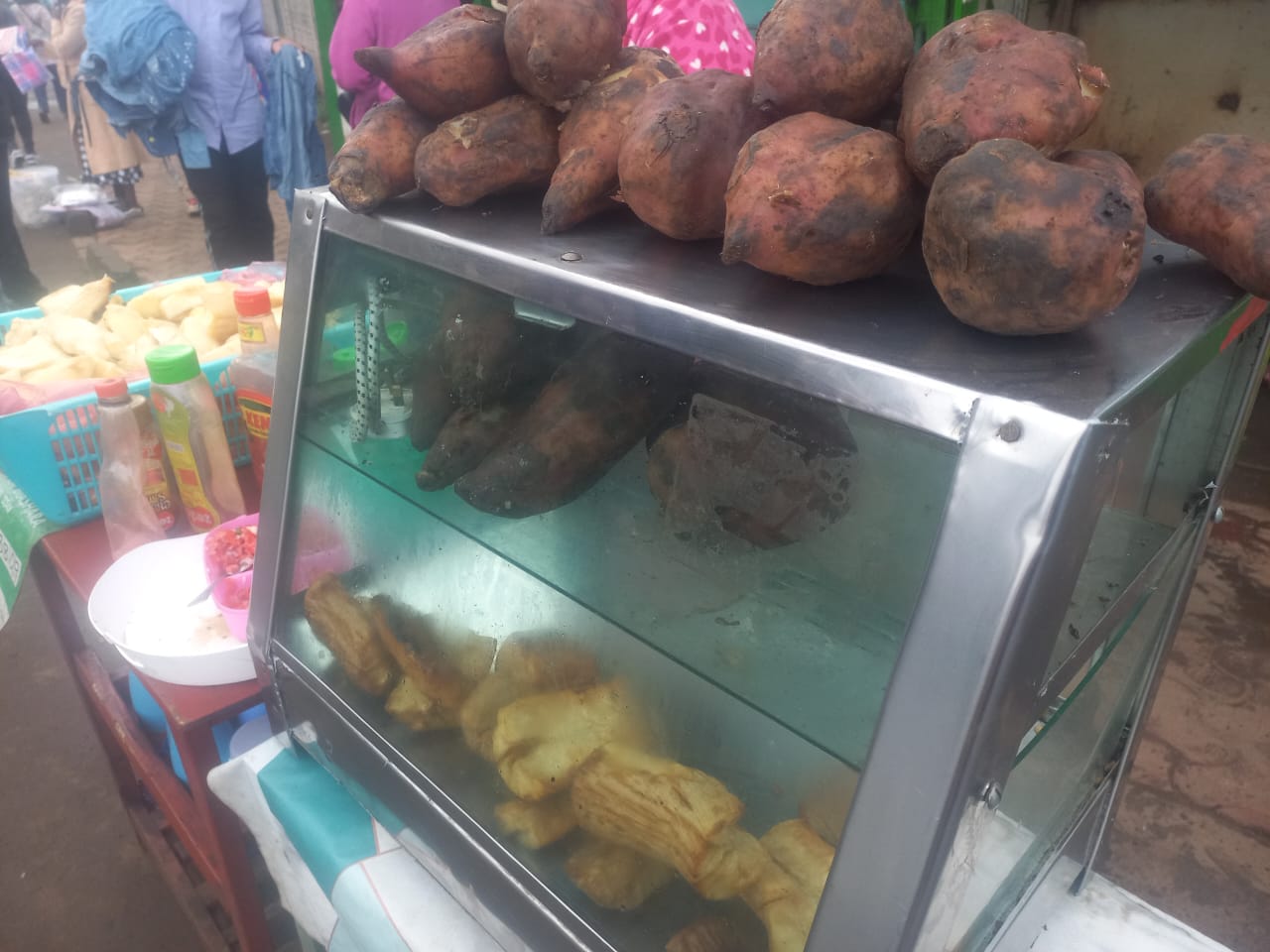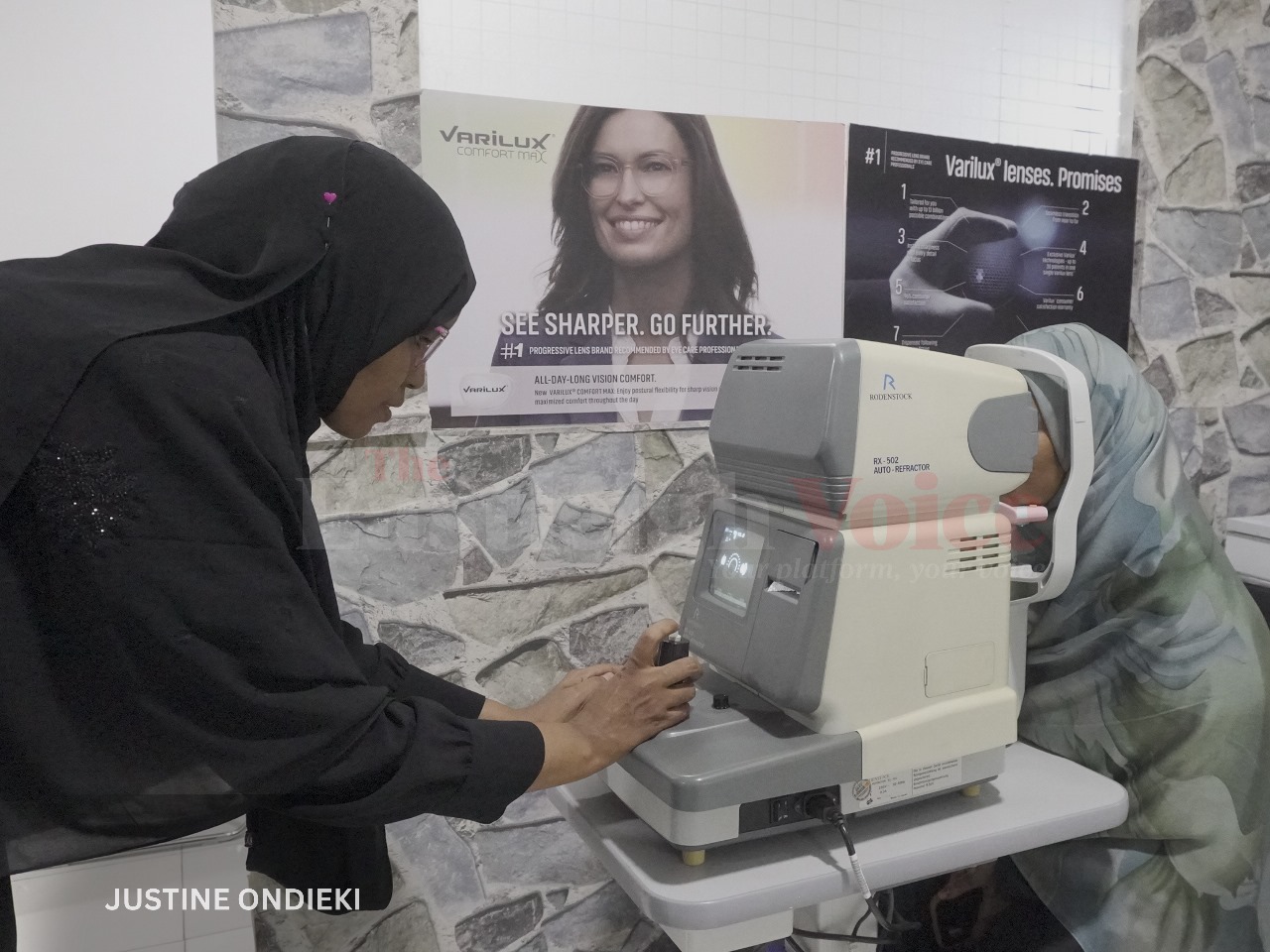Private sector activity rises to 10-month high in March

The Stanbic Bank Kenya Purchasing Managers' Index (PMI), which gauges the level of private sector activities, rose to 51.7 from 50.6 in February.
Kenya's private sector ended the first quarter of the year on a high, with activities expanding at the fastest pace since May last year, buoyed by improved performance in most sectors apart from manufacturing.
The Stanbic Bank Kenya Purchasing Managers' Index (PMI), which gauges the level of private sector activities, rose to 51.7 from 50.6 in February.
More To Read
Readings above 50.0 signal an improvement in business conditions from the previous month, while readings below 50.0 show a deterioration.
The headline PMI was consistent with a strengthening of business conditions for the sixth month running, with the headline figure staying above 50.0 since October last year.
According to the survey report, Kenyan firms highlighted a sharper increase in new business inflows.
“However, some firms found it difficult to boost sales due to inflationary and cash flow pressures on customers,” the report reads.
“The uplift in sales supported a faster expansion in business activity across the private sector economy in March. Output increased at the quickest pace since May 2024, with firms generally indicating that they were able to boost activity to match order volumes.”
Input purchase
The rising sales encouraged the firms to increase their purchasing of inputs.
Notably, the pace of growth in input purchase was the sharpest in two-and-a-half years, offsetting a brief reduction in February.
Capacity pressures remained limited in the period under review, as there was a fractional rise in outstanding work.
As a result, the firms made only a small upward adjustment to their staffing numbers.
On the price front, the period saw a modest increase in average prices charged, with the rate of inflation softening for the third month in a row, partly helped by an easing of input price inflation.
Where charges increased, firms noted it was mainly due to rises in material prices and taxes.
In contrast, some companies opted to lower their fees to strengthen sales.
The sector’s outlook remained subdued, with the degree of confidence marking the least upbeat in the series' history.
“Kenyan businesses remain uncertain about future output expectations,” said Christopher Legilisho, an economist at Standard Bank.
Top Stories Today

















